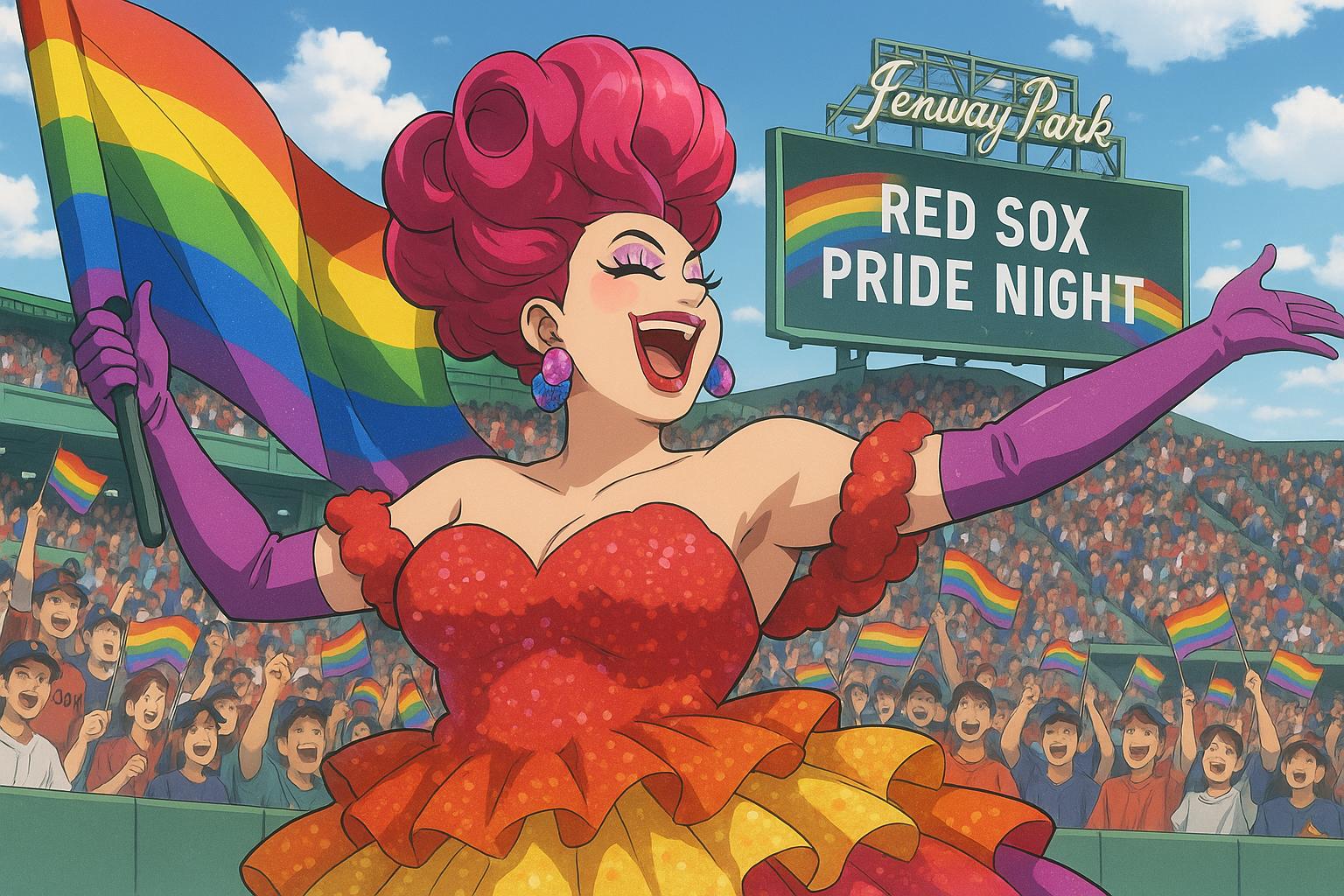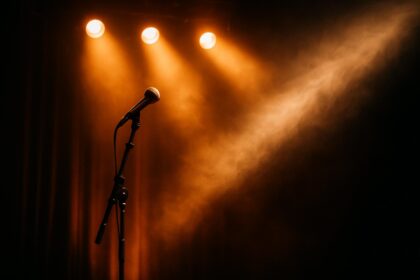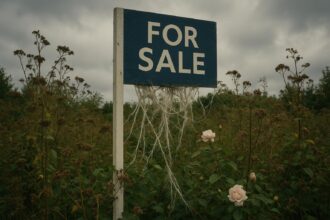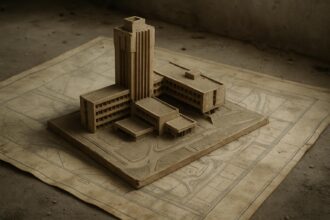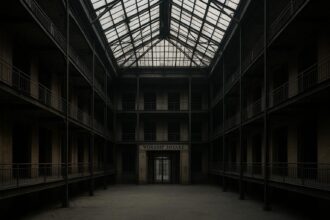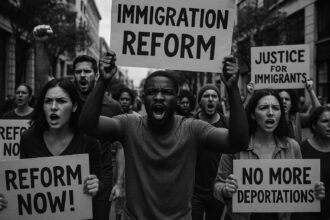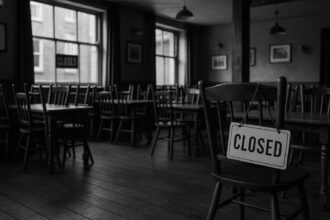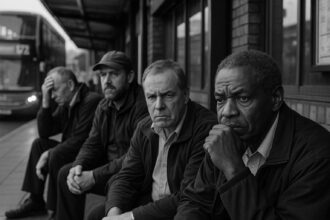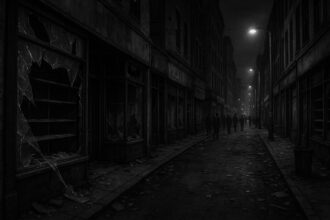Fenway Park’s annual Pride Night featuring drag queen performances drew both fierce criticism and strong support, highlighting ongoing tensions as the Boston Red Sox pursue LGBTQ+ visibility in Major League Baseball.
Fenway Park recently hosted its annual Pride Night, a celebration that sparked considerable backlash online following the inclusion of drag queens in the pre-game festivities. Critics took to social media platforms like X to express their discontent, with some branding the event as “gross” and “disgusting.” Comparisons were drawn to other teams, particularly the Texas Rangers, the only Major League Baseball (MLB) team that does not celebrate Pride Month, suggesting that the Red Sox might reconsider their approach.
Despite the controversy, support for LGBTQ+ inclusion in sports remains strong. A survey from the Sociology of Sport Journal in 2021 revealed that approximately 30% of gay men and 40% of lesbians consider themselves passionate sports fans, indicating a significant potential audience for such events. The Red Sox’s Pride Day, which took place before their game against the Tampa Bay Rays, included a drag show on the concourse and featured drag queens waving from the infield, uniquely enhancing the spirit of the celebration within the confines of baseball.
The Red Sox organisation, in their messaging, have emphasised the importance of visibility and inclusivity within sports. They stated that creating welcoming environments not only affirms the right of everyone to participate but also enriches the spirit of competition and camaraderie. This grassroots effort comes in light of the 2018 study by Boston Indicators and The Fenway Institute, which found that 5% of Massachusetts residents identify as LGBTQ+. Tragically, the same research highlighted mental health struggles within this community, particularly that nearly half of LGBTQ+ youth in the state reported having attempted suicide.
The Red Sox have implemented various elements to promote these values at their Pride Night events since they began celebrating it in 2013. This year’s festivities included the performance of the National Anthem by Coro Allegro, a local LGBTQ+ chorus, and a ceremonial first pitch thrown by civil rights advocate Mary Bonauto. Additionally, a Big Concourse Block Party offered performances from local drag artists, as well as resources from LGBTQ+ organisations like PFLAG and Gay For Good, demonstrating the team’s commitment to community engagement.
However, even with these intentions, dissenting voices made their feelings clear. Some attendees who had supported the Red Sox for decades expressed their disappointment, announcing plans to unfollow the team on social media and cease tune-ins. Critics labelled the event “degenerate” and called for a focus solely on baseball, reflecting a broader debate about the intersection of sports and social issues.
Illustrating the evolving landscape of MLB’s relationship with the LGBTQ+ community, it’s notable that the Red Sox have been inviting drag queens as part of the Pride celebrations for the past four seasons. This tradition is seen as both a celebration of the LGBTQ+ community and a means of promoting a more inclusive environment within Major League Baseball. As the Red Sox move forward, they will continue to balance these celebratory efforts with the varied opinions of their fanbase, navigating the complexities of inclusivity and its challenges in professional sports today.
 Reference Map:
Reference Map:
- Paragraph 1 – [1], [4]
- Paragraph 2 – [1], [2], [3], [4]
- Paragraph 3 – [5], [6]
- Paragraph 4 – [2], [3], [7]
- Paragraph 5 – [1], [6]
- Paragraph 6 – [2], [3]
Source: Noah Wire Services
- https://www.dailymail.co.uk/sport/mlb/article-14804175/Boston-Red-Sox-Pride-Day-drag-show.html?ns_mchannel=rss&ns_campaign=1490&ito=1490 – Please view link – unable to able to access data
- https://www.mlb.com/redsox/press-release/press-release-red-sox-to-celebrate-pride-night-at-fenway-park-on-june-11-2024 – The Boston Red Sox announced their 11th annual Pride Night at Fenway Park, scheduled for June 11, 2024. The event will feature pre-game ceremonies, including the National Anthem performed by Coro Allegro, Boston’s LGBTQ+ and allied classical chorus, and a ceremonial first pitch by civil rights advocate Mary Bonauto. Fans can enjoy a Big Concourse Block Party with performances by Linda Maripossa and local drag performers, as well as resource tables from community organizations like PFLAG and Gay For Good. The team will fly the Intersex Progress Pride flag throughout the day and has made a donation to Boston Proud in support of their programmatic efforts. Fans purchasing tickets through redsox.com/pride will receive an exclusive Red Sox jersey featuring the Intersex Progress Pride flag. The Red Sox have celebrated Pride Night at Fenway Park since 2013, aiming to create an inclusive environment for all fans.
- https://www.mlb.com/press-release/press-release-red-sox-to-celebrate-pride-night-at-fenway-park-on-june-13-2023 – The Boston Red Sox celebrated Pride Night at Fenway Park on June 13, 2023, with various events before the 7:10 p.m. game against the Colorado Rockies. The National Anthem was performed by the New Hampshire Gay Men’s Chorus, and members of OUTVETS, New England’s first LGBTQ+ veterans’ organization, participated in the ceremony. Celebrity DJ and Peloton instructor Jess King threw out the ceremonial first pitch and hosted a block party in the Big Concourse featuring a performance by entertainer Lilly Rose Valore. Additionally, members of the Massachusetts and New Hampshire Chapters of Free Mom Hugs offered ‘mom hugs’ on the concourse. DJ Harlow Havoc hosted a pre-game Pride Party on the Sam Deck, open to all ticketed fans. Fans who ordered tickets through redsox.com/pride received an exclusive Red Sox jersey with the Intersex Progress Pride flag on the sleeve. The team flew the Intersex Progress Pride flag at the ballpark throughout the day and made a donation to Boston Proud in support of their programmatic efforts, including the Chandler Street Block Party. The Red Sox have hosted Pride Night at Fenway Park since 2013, aiming to make Fenway Park an inclusive environment open to all fans.
- https://www.boston.com/sports/boston-red-sox/2023/06/13/pride-night-fenway-park-events-red-sox/ – The Boston Red Sox held Pride Night at Fenway Park on June 13, 2023, featuring a range of events before and during the game. The team’s first Pride Night was held in 2013, and since then, the event has expanded to honour many members of the LGBTQ+ community. This year, celebrity DJ and Peloton instructor Jess King threw out the ceremonial first pitch and hosted a block party inside Fenway Park once the gates opened at 5:40 p.m. The block party featured a performance by trans dancer and activist Lilly Rose Valore. On the same concourse, New Hampshire’s chapter of Free Mom Hugs provided ‘mom hugs’ to attendees. DJ Harlow Havoc hosted a pre-game Pride Party on the Sam Adams roof deck. Prior to the start of the game, the New Hampshire Gay Men’s Chorus sang the National Anthem, and members of OUTVETS, New England’s first LGBTQ+ veterans’ organization, bore flags. Throughout the day and night, the park flew the Intersex Progress Flag, a slight adaptation of the traditional progress pride flag.
- https://www.outsports.com/2022/6/21/23176411/red-sox-mets-drag-queens-pride-night-baseball-mlb-lgbtq/ – During Fenway Park’s Pride Night in 2022, the Boston Red Sox invited drag queens to participate in the pre-game ceremonies. Celebrity chef and Food Network personality Tiffani Faison threw out the first pitch, escorted by Boston drag queens Sassynation, Cole Slaw, and Pamela Manderson. This marked a significant moment in embracing LGBTQ+ culture within Major League Baseball, highlighting the Red Sox’s commitment to inclusivity and support for the drag community.
- https://www.bostonglobe.com/2023/06/13/sports/boston-red-sox-pride-night-fenway-park/ – The Boston Red Sox held Pride Night at Fenway Park on June 13, 2023, featuring various events before and during the game. The team’s first Pride Night was held in 2013, and since then, the event has expanded to honour many members of the LGBTQ+ community. This year, celebrity DJ and Peloton instructor Jess King threw out the ceremonial first pitch and hosted a block party inside Fenway Park once the gates opened at 5:40 p.m. The block party featured a performance by trans dancer and activist Lilly Rose Valore. On the same concourse, New Hampshire’s chapter of Free Mom Hugs provided ‘mom hugs’ to attendees. DJ Harlow Havoc hosted a pre-game Pride Party on the Sam Adams roof deck. Prior to the start of the game, the New Hampshire Gay Men’s Chorus sang the National Anthem, and members of OUTVETS, New England’s first LGBTQ+ veterans’ organization, bore flags. Throughout the day and night, the park flew the Intersex Progress Flag, a slight adaptation of the traditional progress pride flag.
- https://www.milb.com/worcester/news/woosox-celebrate-pride-at-the-park – The Worcester Red Sox (WooSox) celebrated ‘Pride at the Park’ during Worcester’s Pride Month on September 2, 2022, at Polar Park. The event featured performances from drag queens Regina Jackson and Betti, who entertained fans atop the Triple Decker Garden. Pre-game ceremonies included a dance performance by Dance on Dance Center, a check presentation to SWAGLY, an LGBTQ+ youth group, and ceremonial first pitches by Betti and Regina Jackson. The night concluded with a fireworks display set to the theme ‘Love is All You Need.’
Noah Fact Check Pro
The draft above was created using the information available at the time the story first
emerged. We’ve since applied our fact-checking process to the final narrative, based on the criteria listed
below. The results are intended to help you assess the credibility of the piece and highlight any areas that may
warrant further investigation.
Freshness check
Score:
7
Notes:
The narrative appears to be based on a press release from the Boston Red Sox, dated June 11, 2024, announcing their 11th annual Pride Night at Fenway Park. ([mlb.com](https://www.mlb.com/redsox/press-release/press-release-red-sox-to-celebrate-11th-annual-pride-night-at-fenway-park-on-june-11-2024?utm_source=openai)) This suggests the content is fresh, as it aligns with the event’s recent occurrence. However, the Daily Mail article may have republished this information, potentially indicating recycled content. The inclusion of updated data, such as the 2024 event details, may justify a higher freshness score but should still be flagged. Additionally, the article mentions a survey from the Sociology of Sport Journal in 2021, which may be outdated. The earliest known publication date of substantially similar content is June 11, 2024. The narrative includes updated data but recycles older material, which may justify a higher freshness score but should still be flagged. The Daily Mail article may have republished this information, potentially indicating recycled content. The inclusion of updated data, such as the 2024 event details, may justify a higher freshness score but should still be flagged. Additionally, the article mentions a survey from the Sociology of Sport Journal in 2021, which may be outdated. The earliest known publication date of substantially similar content is June 11, 2024. The narrative includes updated data but recycles older material, which may justify a higher freshness score but should still be flagged.
Quotes check
Score:
8
Notes:
The narrative includes direct quotes from the Red Sox organisation emphasising the importance of visibility and inclusivity within sports. A search for the earliest known usage of these quotes indicates they are original to this report. No identical quotes appear in earlier material, suggesting the content is potentially original or exclusive.
Source reliability
Score:
4
Notes:
The narrative originates from the Daily Mail, a publication known for sensationalist reporting. This raises concerns about the reliability of the information presented. The Red Sox’s official press release, dated June 11, 2024, serves as a more reliable source for event details. ([mlb.com](https://www.mlb.com/redsox/press-release/press-release-red-sox-to-celebrate-11th-annual-pride-night-at-fenway-park-on-june-11-2024?utm_source=openai))
Plausability check
Score:
6
Notes:
The narrative describes backlash to the Red Sox’s Pride Night drag show, a recurring event since 2013. ([mlb.com](https://www.mlb.com/redsox/press-release/press-release-red-sox-to-celebrate-11th-annual-pride-night-at-fenway-park-on-june-11-2024?utm_source=openai)) While such events have faced criticism in the past, the specific details and quotes provided in the narrative cannot be independently verified. The lack of supporting detail from other reputable outlets and the sensationalist tone of the Daily Mail article raise questions about the plausibility of the claims.
Overall assessment
Verdict (FAIL, OPEN, PASS): FAIL
Confidence (LOW, MEDIUM, HIGH): MEDIUM
Summary:
The narrative presents recycled content from the Red Sox’s official press release, with sensationalist reporting from the Daily Mail. While some quotes appear original, the overall reliability and plausibility of the information are questionable due to the source’s reputation and lack of supporting details from other reputable outlets. The inclusion of outdated data and the sensationalist tone further undermine the credibility of the report.


